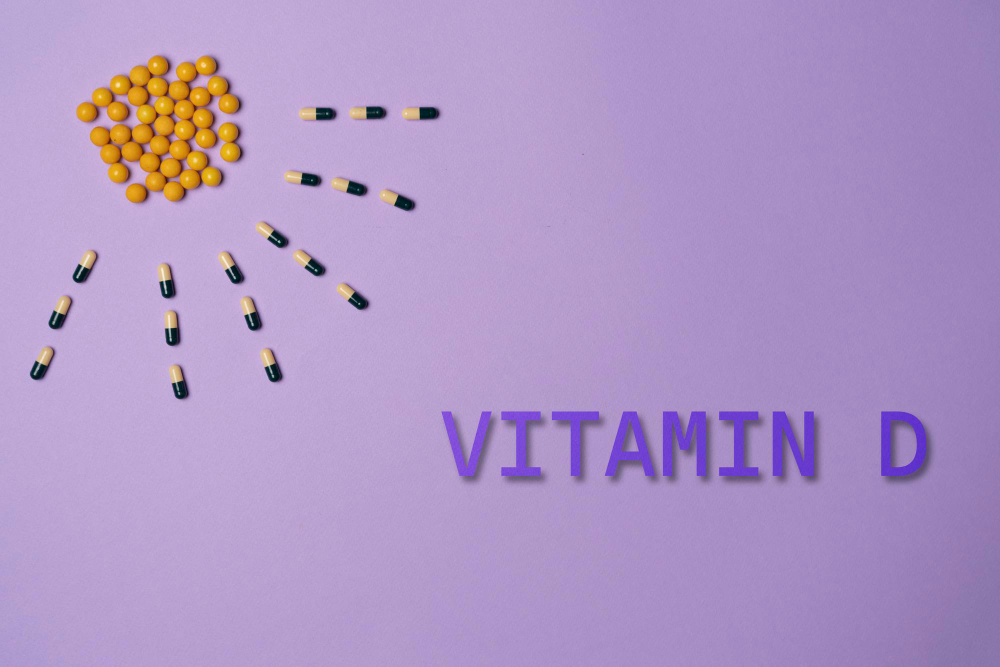Introduction
Vitamin D deficiency in India is a growing health problem. Studies show that nearly 80% of Indians have low Vitamin D levels. This issue is urgent because Vitamin D is vital for strong bones, a healthy immune system, and overall well-being. Without enough Vitamin D, people face higher risks of bone pain, weakness, and even serious diseases. In this blog, you will learn why Vitamin D deficiency is so common in India, how to spot the symptoms, and what you can do to improve your health.
What is Vitamin D and Why is it Important?
Vitamin D is a nutrient your body needs to stay healthy. It helps your body absorb calcium, which keeps your bones and teeth strong. Besides, Vitamin D supports your immune system, helping you fight off infections. For example, it can lower your risk of getting sick often. Without enough Vitamin D, children can develop weak bones, and adults may suffer from bone pain or muscle weakness. Clearly, Vitamin D is important for people of all ages.
Causes of Vitamin D Deficiency in India
Many Indians do not get enough Vitamin D. There are several reasons for this widespread problem:
According to the Indian Council of Medical Research and WHO, these factors have led to a silent epidemic of Vitamin D deficiency in India.
Common Symptoms and Health Risks
Often, people do not notice symptoms of low Vitamin D right away. However, some common signs include:
Over time, low Vitamin D can cause serious health problems. For instance, it can lead to weak bones (osteoporosis), higher risk of fractures, and even heart disease. Children may develop rickets, a condition that causes soft, weak bones. Clearly, spotting these symptoms early is important for good health.
How is Vitamin D Deficiency Diagnosed?
If you have symptoms of low Vitamin D, your doctor may suggest a blood test. This test measures the level of Vitamin D in your blood. Usually, a level below 20 ng/mL means you are deficient. Sometimes, doctors may check your calcium levels too. Early diagnosis helps prevent long-term health problems. Therefore, if you feel weak or have bone pain, talk to your doctor about testing for Vitamin D deficiency in India.
Effective Treatment and Prevention Strategies
Treating Vitamin D deficiency is simple and safe. Doctors may recommend:
Prevention is always better than cure. So, regular check-ups and a healthy lifestyle can help you avoid Vitamin D deficiency. Always follow your doctor’s advice for the right dose and duration of supplements.
Lifestyle Tips for Improving Vitamin D Levels
There are many simple ways to boost your Vitamin D naturally. For example, you can:
However, always protect your skin from too much sun to avoid burns. If you have health problems or take medicines, check with your doctor before making big changes.
Conclusion
Vitamin D deficiency in India is a serious but preventable problem. Many people do not know they are at risk. If you notice symptoms or belong to a high-risk group, do not wait. If you suspect a Vitamin D deficiency, consult a healthcare specialist for personalized advice.

